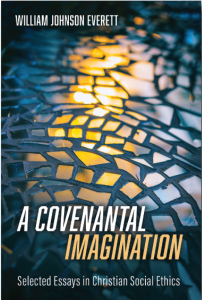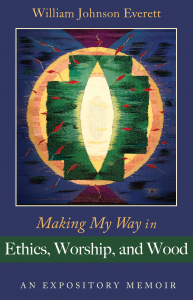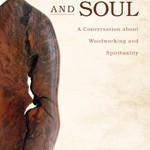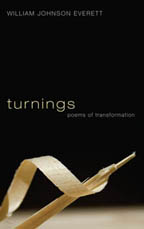Last week we went over to Cherokee for the 16th Annual Trail of Tears Association Conference at the Cherokee Casino-Hotel. Cherokee is now effectively two towns – the traditional tribal offices, museum, fairgrounds, and craft shops; and the casino-dominated buildings and motels to the east. What echoes in my memory is the cacophony of contradictions contained in the experiences of our two days there. The Association is composed mostly of historians, National Park Service workers, genealogists, and “cultural tourism” representatives. Through their presentations we could explore everything from the savage 1776 Expedition of Griffith Rutherford against the Cherokee to the restoration of the railroad carrying Cherokee exiles across a bend in the Tennessee River between Decatur and Tuscumbia, Alabama. I could rehearse once again how Valentine Thrash, Sylvia’s collateral ancestor, marched up and down the road below our house on the settlers’ mission of revenge and extermination. I could reflect anew on the curious threads that linked one of my collateral ancestors, Alexander Hill Everett, to the Treaty of New Echota (1835), which began the Removal, as well as those binding Sylvia to the Cherokees and settlers alike. These are the strange contradictions of our own lives. Most of the people there could tell you some version of their own.
After leaving a presentation detailing how White settlers swindled, pillaged, and forced 19th century Cherokees out of their homeland, I walked down the corridor to face a screen (one of many) telling us that the casino had paid out $3,722,540 so far that day. You can guess at their total receipts. From the balcony in the casino hall you can observe row after row of retired people blinking into the promissory lights of the impassive machines (no levers to pull, no coins jingling out – it’s all electronic). I used to be cheered that finally the Cherokee were being paid back for their stolen land, but I also realize that what was stolen was a way of life. No amount of money can buy it back. Instead, thanks partly to the diligent expenditure of some of the casino’s proceeds on cultural advancement, a new way of life has arisen that carries traces of the old. The DNA, though mingled with strands from other cultures, is still there. You can see it in the hauntingly beautiful earth-toned architecture of the mammoth hotel towers and halls. You can see it in the art and sculpture throughout the buildings, its pungent colors and flowing lines contesting with the tawdry hopes of “gaming” addicts. It is as if they had peeled back the contradictions just below the surfaces of all our lives, in which polished memory and glorious aspiration grow up in the humus of our earthly exploitations. As our young Rabbi Jesus said, the wheat and the weeds grow up together. You can’t separate them until the final threshing.
The Trail of Tears is a great field of weeds and wheat, tended by story-tellers and archivists, each of us trying to read the leaves in the bottom of our cups, trying to discern what path might lead us to a greater integrity in our relations with each other and with this earth. It still has a lot to teach us.







 Red Clay, Blood River
Red Clay, Blood River
Bill:
How powerful to have such connections with the past history of these proud people and how sad that their heritage is being put on the chopping block of white greed.
Steve and Lynne
I am in tune with your observation of the contrasts of the existence of the casino with the native culture. A Cherokee friend and cousin of my former husband recently was part of a group of Cherokee who bicycled the path of the Trail of Tears from NC to Talahquah, Oklahoma. He noted how arduous the trip was for cyclists who had trained for the event and how it must have been for those who walked. He was heartened by the warm and celebratory welcomes that they received in towns throughout the journey and at the treminus of the ride on Oklahoma. It was a celebration of history and heritage even in the face of a tragic historic removal.
The casino is a contrast to the pride in heritage, to me, representing white man’s obsession with money and objects over values and traditions as the Cherokee strive to preserve these aspects of their culture.